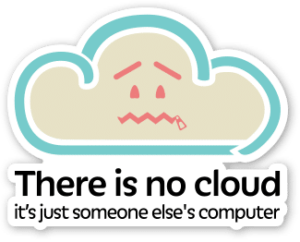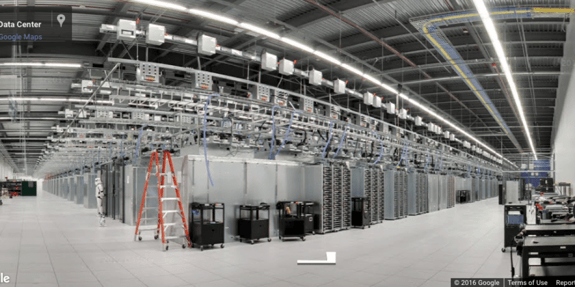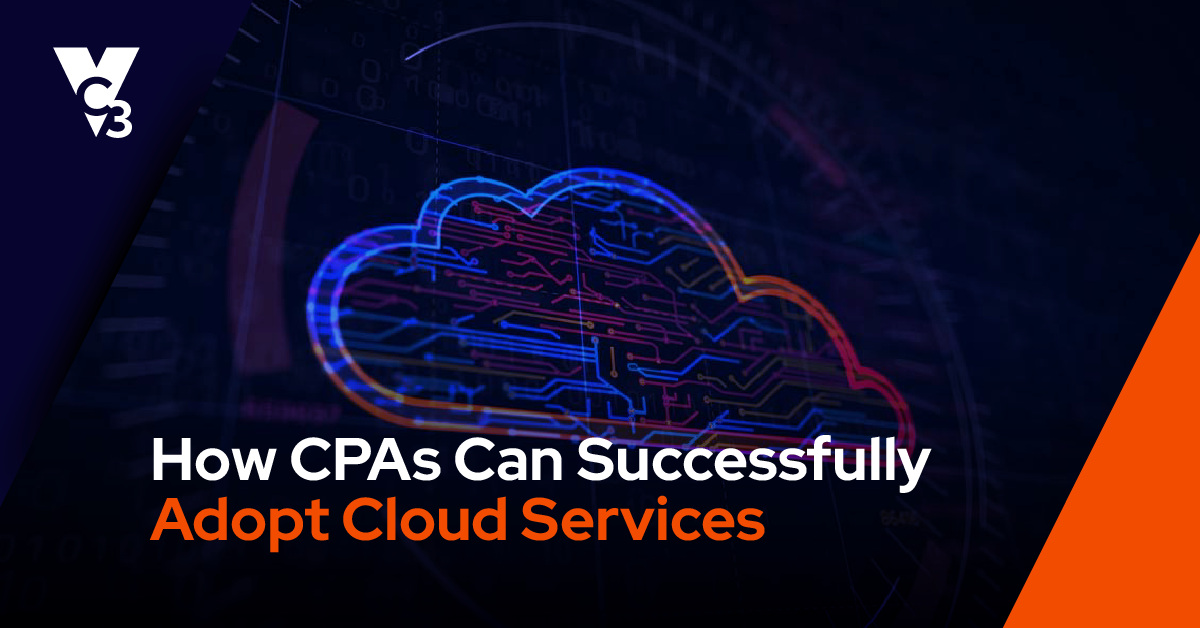 When a simple die-cut sticker created by a UK-based designer named Chris Watterston went viral, it tapped into one of the biggest fears for people who are new to cloud computing. The sticker reads, “There is no cloud, it’s just someone else’s computer” (You can read more about the story of his sticker on his website).
When a simple die-cut sticker created by a UK-based designer named Chris Watterston went viral, it tapped into one of the biggest fears for people who are new to cloud computing. The sticker reads, “There is no cloud, it’s just someone else’s computer” (You can read more about the story of his sticker on his website).
While there is some truth behind that sentiment, there are reasons why the term “cloud computing” arose and has gained such traction. That said, we also agree that business owners need to understand the cloud before making a decision to move their information and systems “up there.”
So is the cloud just “someone else’s computer?”
Yes and no.
Yes, the cloud is technically on someone else’s equipment, the same way that a leased car is technically someone else’s vehicle or a rented storage locker is technically in someone else’s building. For that matter, some or all of your company’s offices and operations may be housed in rented or leased facilities that technically belong to someone else, and that is a sound business decision for a reason.
With a leased vehicle, you end up with the exact same capabilities as you would if you purchased the vehicle, but things like maintenance and repairs are no longer your responsibility. The costs become operational rather than capital investments. There is a clear agreement in place that determines what either party in the arrangement is allowed to do, and there is no question that what you happen to carry around with you in your leased vehicle belongs to you.
With a rented storage unit, the setup of the security, climate control, and even the structural integrity of the walls is to a different standard, even if you can’t necessarily tell the difference when you’re inside your particular storage locker. The entire facility is built with extra features that you would not get by building your own shed in the backyard of your house.
In other words, the cloud is not “just” someone else’s computer. It is something set up to deliver similar services in a fundamentally different way. This comes with distinct advantages for business owners.
But is it a computer somewhere?
Again, yes and no.
Yes, the cloud does operate on physical computers, but not just one. It runs on multiple buildings full of purpose-built equipment located in different locations, each with its own backup power generators, industrial climate control, fire protection, and security. So instead of your company server being one computer in a dusty closet in the back corner of your office, your server is an entire top-of-the-line industrial-strength system, fully supported and backed up by a team of technicians and cybersecurity experts.
So it’s like getting a bunch of computers for less cost?
Get what you need, but only what you need. Like real clouds, they can expand and contract as required. Imagine that every time you hired a new employee, your office building just “grew” another office for them to use. Or your warehouse automatically ballooned to ten times its size for your summer peak season, then shrunk right back down for the rest of the year.
This is where the comparison to leased vehicles or rental space breaks down. With cloud computing, the services you use actually do expand and contract to suit your needs without you needing to purchase, install, configure, then sell off servers as your company's needs shift.
But shouldn’t I be worried about where these computers are?
As much as the term “cloud computing” properly evokes its benefits – the feeling of being released from confinement, accessible from anywhere, and worry-free – yes, it is important to have some idea of where your piece of the cloud lives.
This is particularly important for organizations that have legal and security requirements tied to geography and “data residency.” Government organizations, healthcare, and financial institutions in particular, have this challenge, as do companies with concerns about differing privacy legislations in different countries.
In response, cloud providers like Microsoft, Google, and Amazon have invested in data centers around the globe, and depending on the specific cloud service, you can have some control over the part of the world in which your cloud data lives. We are especially delighted that Microsoft will be opening up two data centers in Canada in Q2 of 2016 so that we can offer Office 365 services to Canadian customers with these kinds of data residency requirements. You can learn more on the Microsoft website or contact us for more details.
And how safe is my information?
Beyond geographic limitations, it is also important to recognize that cloud providers basically live or die based on their ability to protect our information. The level of cybersecurity being invested in these cloud data centers makes them far more secure than most private servers, just as renting space in a downtown office tower comes with access controls, security guards, and a level of 24/7 monitoring that you likely won’t get elsewhere.
There are even international standards for the protection of our information. For example, Microsoft’s Azure platform was the first to meet the ISO/IEC 27018 standard for privacy controls for the cloud.
In other words, while no system is 100% secure, a well-implemented cloud strategy can actually help reduce your risk of data loss.
So there is a cloud?
Yes, there is a cloud, and it is a powerful new tool for business. Sorry, Chris, in the end, we’re going to have to disagree with your sticker, but we’re glad it’s doing well for you and helping us talk to people about the cloud!





